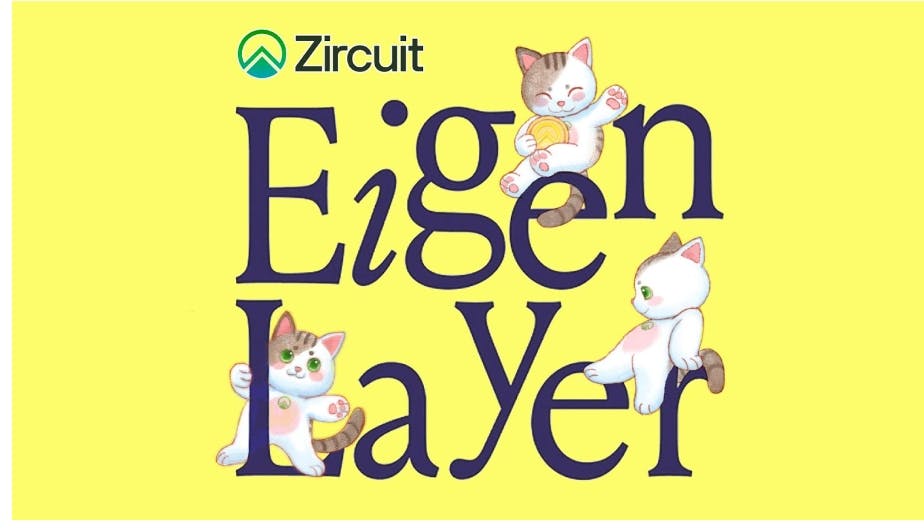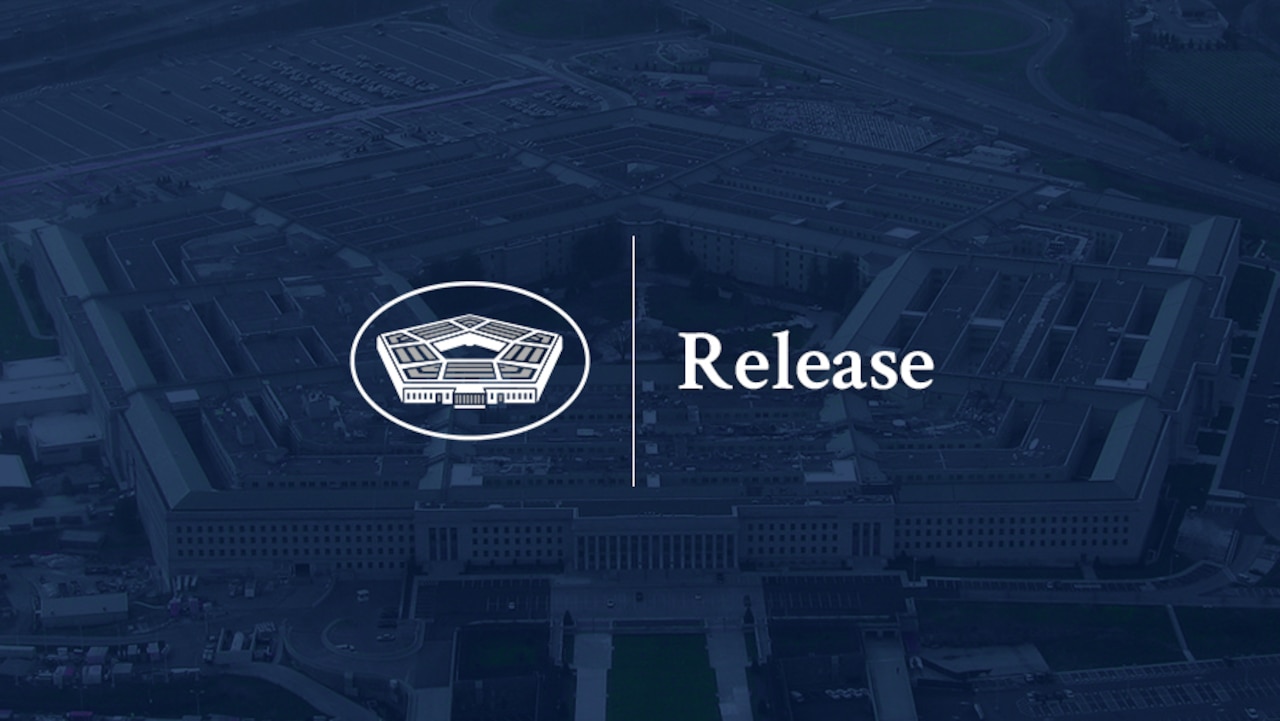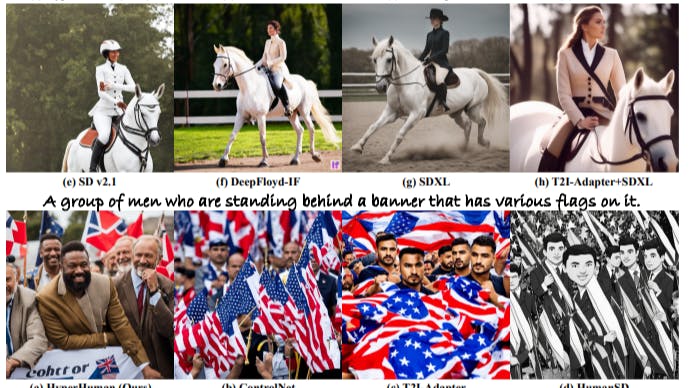A SMALL village that’s grown tired of drivers clogging up their streets with illegally parked cars is considering a new law that could triple fines.
NFL Draft game day is a busy time for Ashwaubenon, Wisconsin, with current rules seemingly not enough of a deterrent to car-owning fans.
4

4
The three-day event often brings thousands of visitors to the area in late April – causing widespread problems for locals.
Ashwaubenon, which has a population of less than 17,000 people, experiences a host of issues around Lambeau Field – the mighty 81,000-capacity stadium.
Officials have said the illegal parking makes it harder for public safety to find space in the event of an emergency.
For example, for Police, it disrupts their ability to find space to park and maneuver.
Speaking to NBC26, Joel Gregozeski, village manager, said: “It’s really a public safety issue.”
Currently, the village’s $50 fine for illegal game day parking is similar to the price many claim they would pay to park in a yard or a lot near the stadium.
Patrick Leigl, Ashwaubenon’s village attorney, said: “There’s not really much of a deterrent or enforcement based on the current fee that is imposed right now.”
To that end, the village committee is looking to triple the fine amount to $150 – which would go up even more if not paid within 15 days.
Currently, the new enforcement is in the early days of discussion, and the full village board would need to approve it.
However, according to a report by Fox11 News, a plan to get new signs or stickers to warn drivers is already in place.
Jay Krueger, an Ashwaubneon Village Trustee, said: “They’re probably going to see that and go, ‘Wait a minute, I’m not going to park here now.”
This comes as a city is set to chase thousands of drivers for outstanding parking tickets – in a bid to recoup some $1million in lost revenue.
Moose Jaw, Saskatchewan, is chasing up individuals after a new law was passed that could see vehicles seized and sold.
And the US looks set to introduce a technological advancement to solve a major road issue by allowing cars to “talk to each other”.
Official targets are for 75% of the country covered by the software within the next 12 years.

4

4










